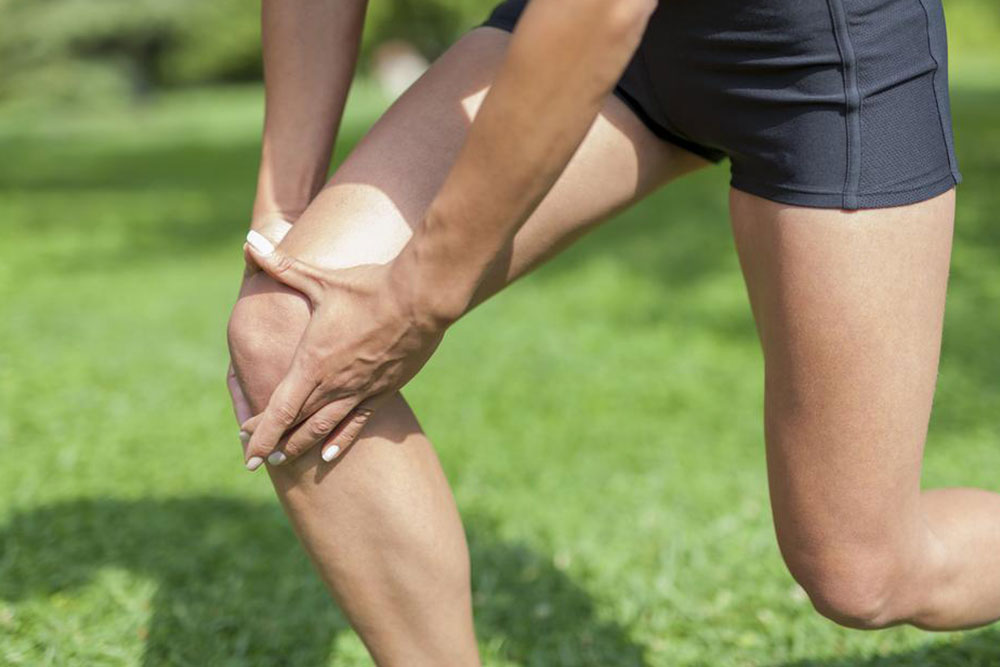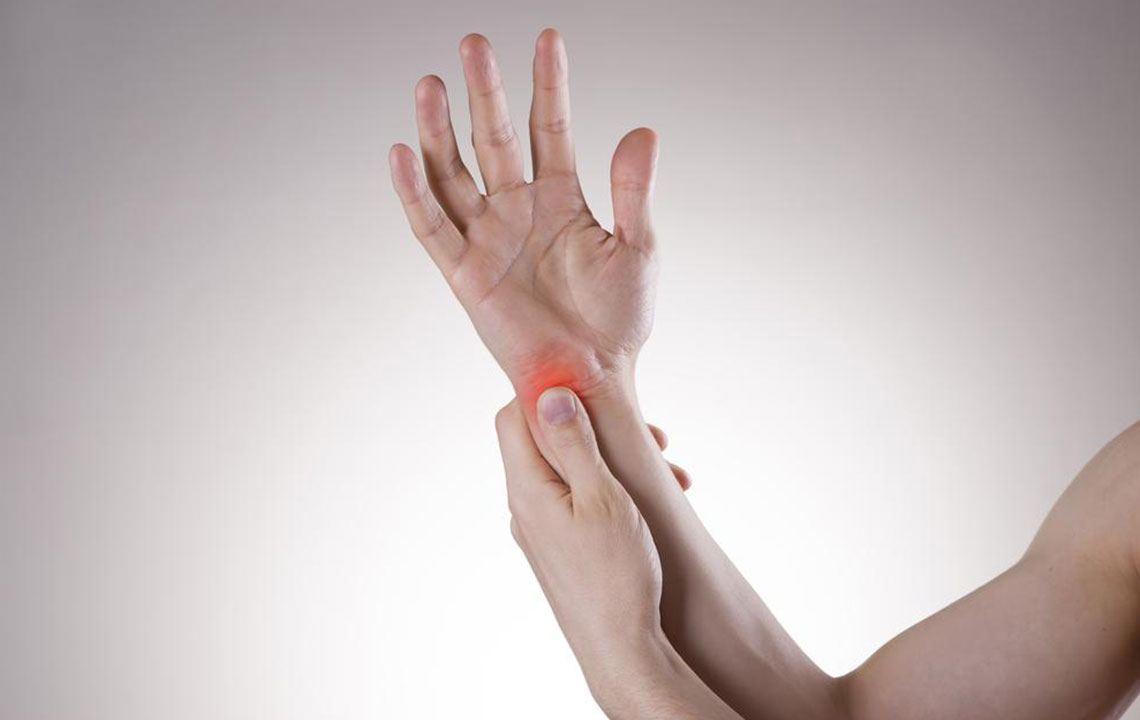Recognizing the Signs and Symptoms of Psoriatic Arthritis
This article outlines key indicators and symptoms of psoriatic arthritis, highlighting the importance of early detection. It discusses joint swelling, foot and heel pain, back discomfort, morning stiffness, and nail changes. Recognizing these signs early can help prevent joint damage. The article emphasizes timely medical consultation for effective management of this autoimmune disease, especially for individuals with psoriasis, to maintain joint health and quality of life.

Recognizing the Signs and Symptoms of Psoriatic Arthritis
Psoriatic arthritis is an autoimmune disorder often seen in individuals with psoriasis, a skin condition marked by rapid skin cell turnover. This leads to scaly patches called plaques, which may flare up periodically. Approximately 30% of people with psoriasis may develop psoriatic arthritis, potentially causing joint swelling, pain, and deformity if left untreated. Early detection of symptoms is essential to manage the disease and prevent serious joint damage.
What are the primary symptoms of psoriatic arthritis?
Symptoms often follow skin psoriasis, but can sometimes appear independently. Major signs include:
Joint swelling: Similar to rheumatoid arthritis, joints—especially fingers and toes—may swell, forming sausage-like fingers or toes. If not treated, swelling can cause deformities and significant discomfort.
Heel and foot pain: Tendon inflammation is common, leading to conditions like Achilles tendinitis and plantar fasciitis, affecting heel and foot bottom pain due to inflamed tendons connecting calf muscles to the heel.
Lower back pain: Inflammation between vertebrae or pelvis and spine, known as psoriatic spondylitis, can result in lower back discomfort, affecting around 20% of patients.
Morning stiffness: Stiffness in joints upon waking or after sitting for long durations can be severe, making movement difficult.
Nail abnormalities: Changes such as nail pitting, depressions, or separation from the nail bed are common, mirroring skin symptoms of psoriasis.
Noticing these signs warrants prompt medical evaluation for accurate diagnosis and appropriate treatment to prevent joint deterioration.

